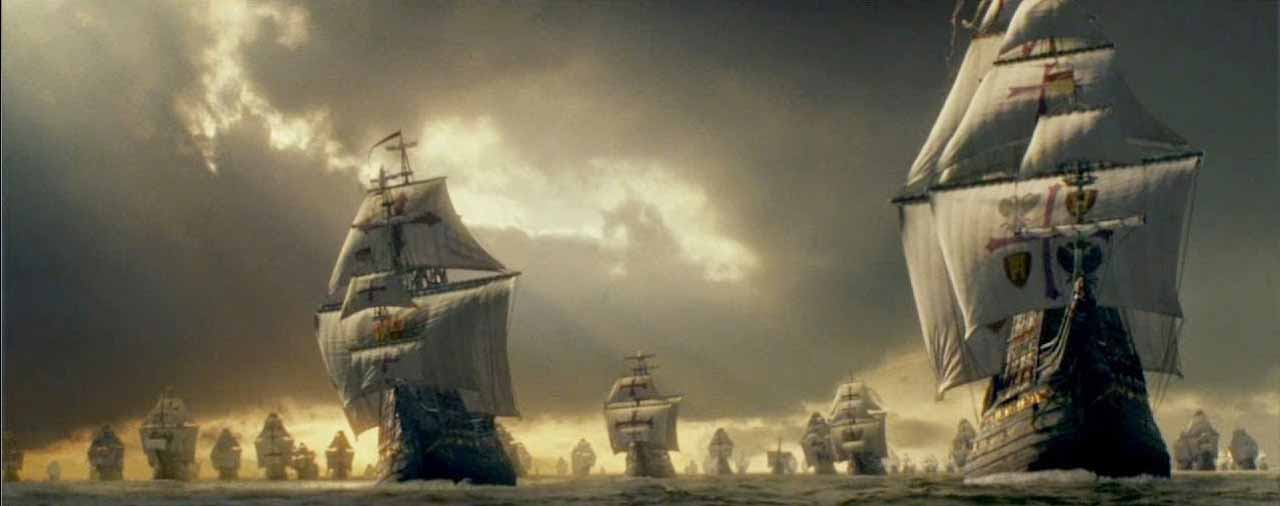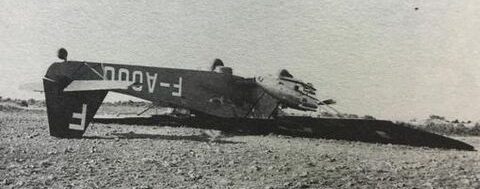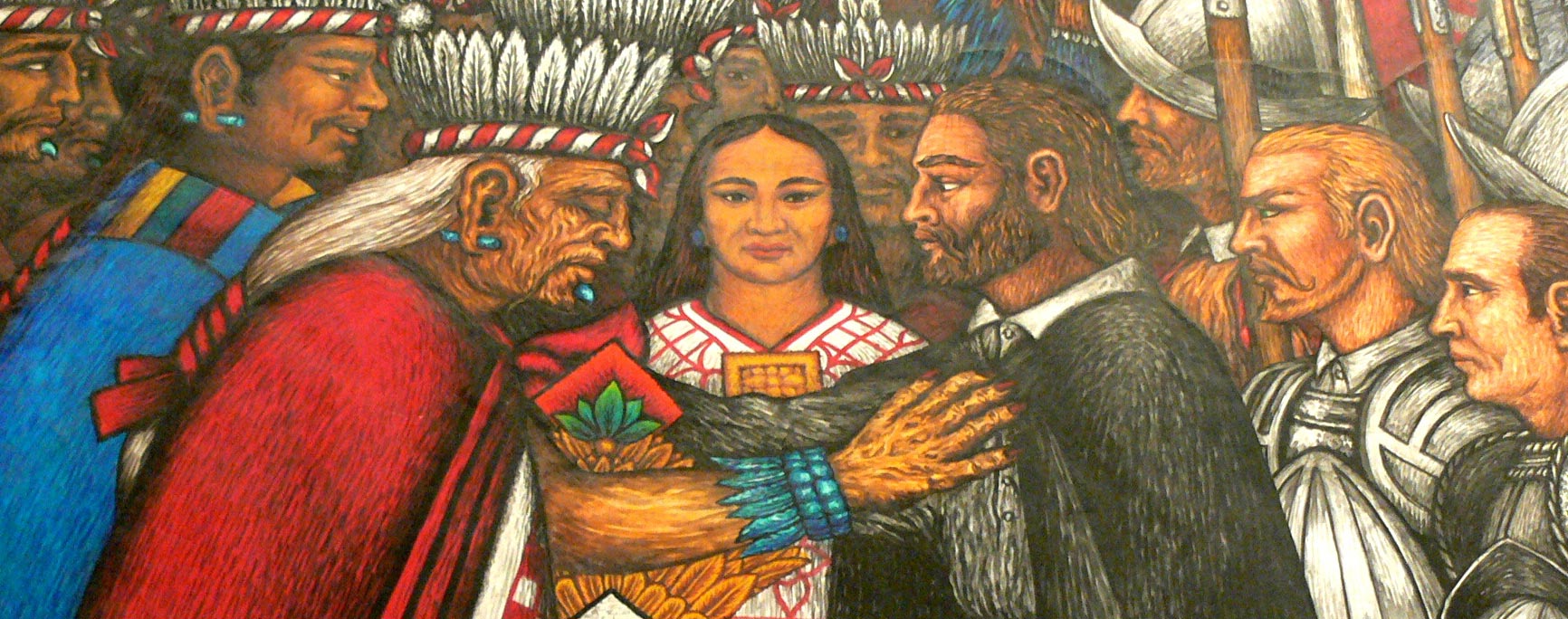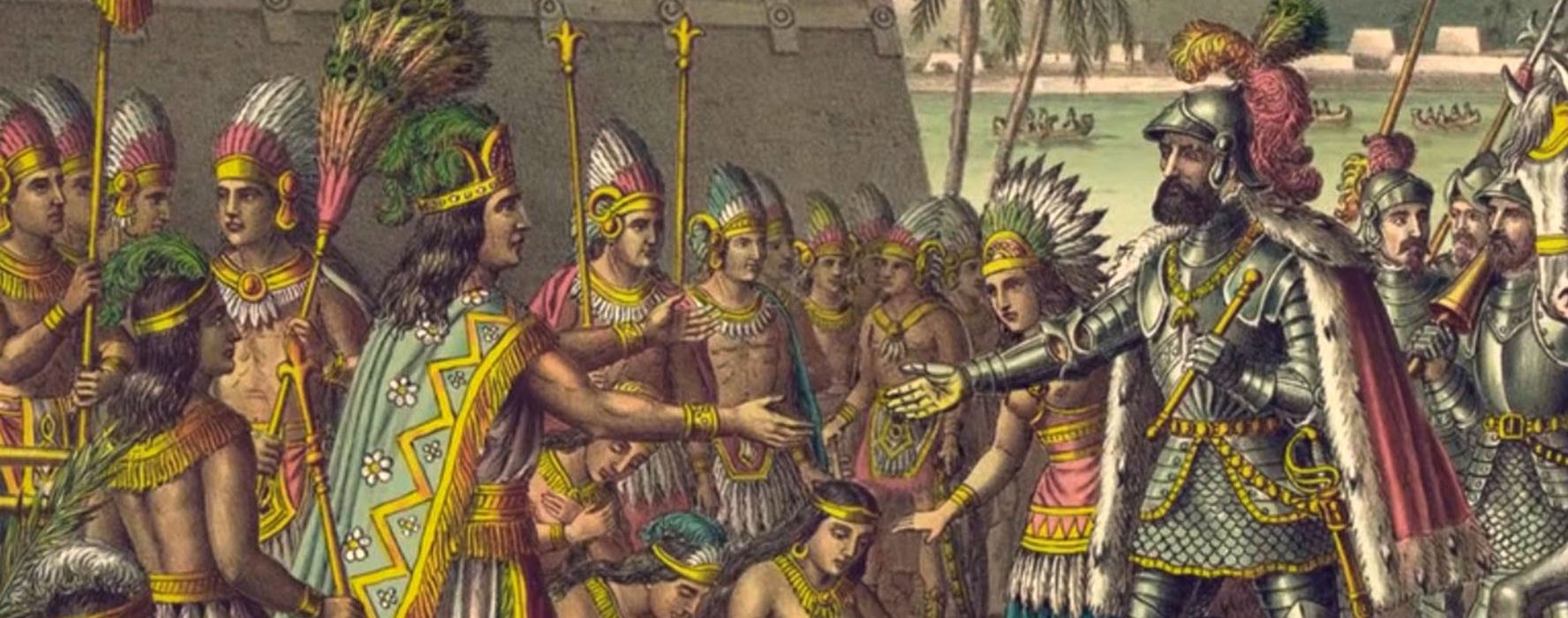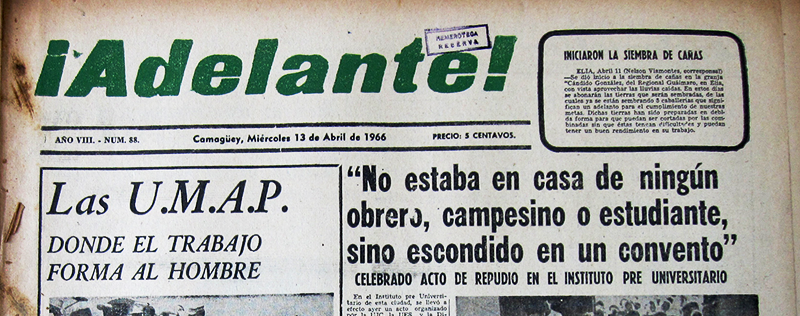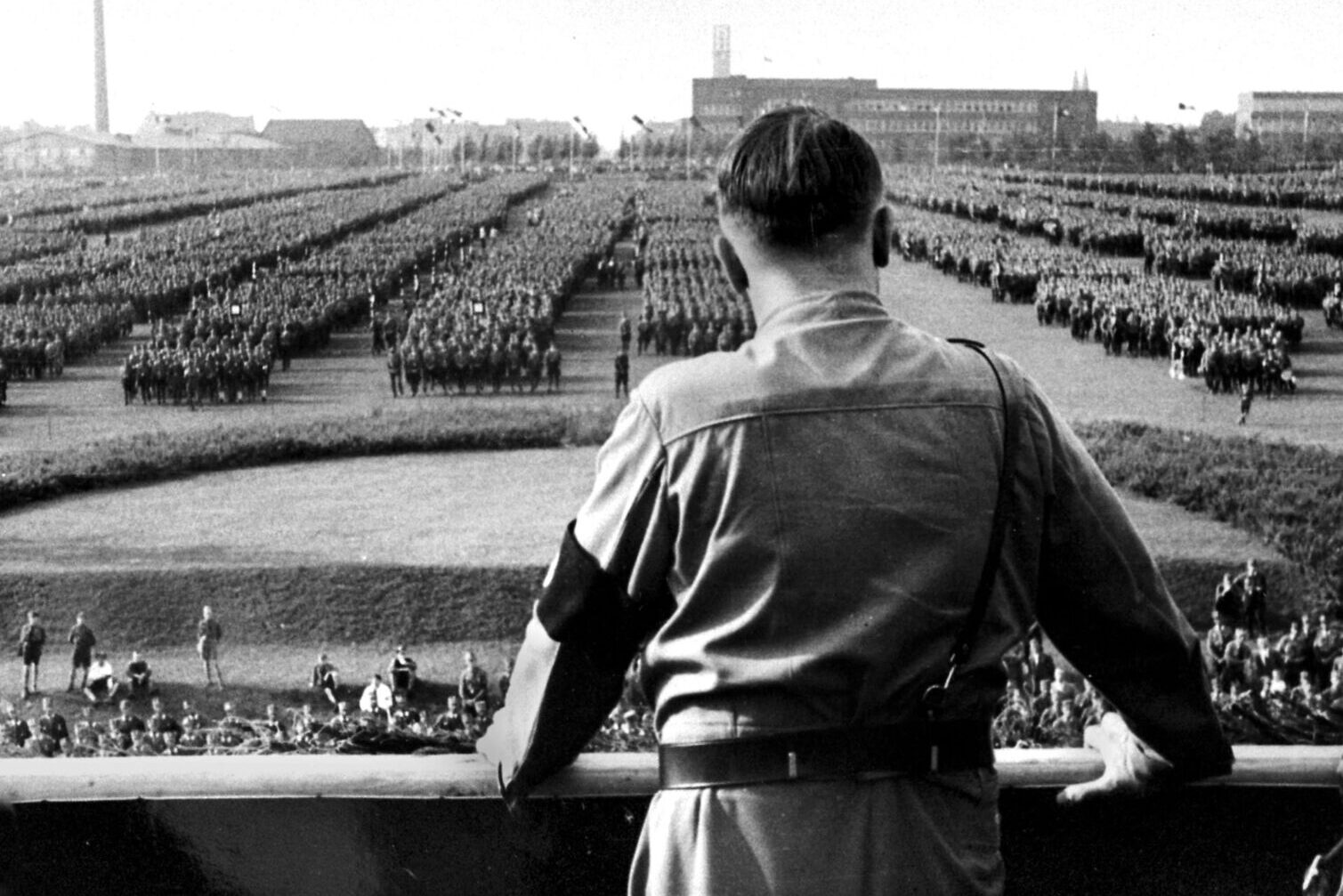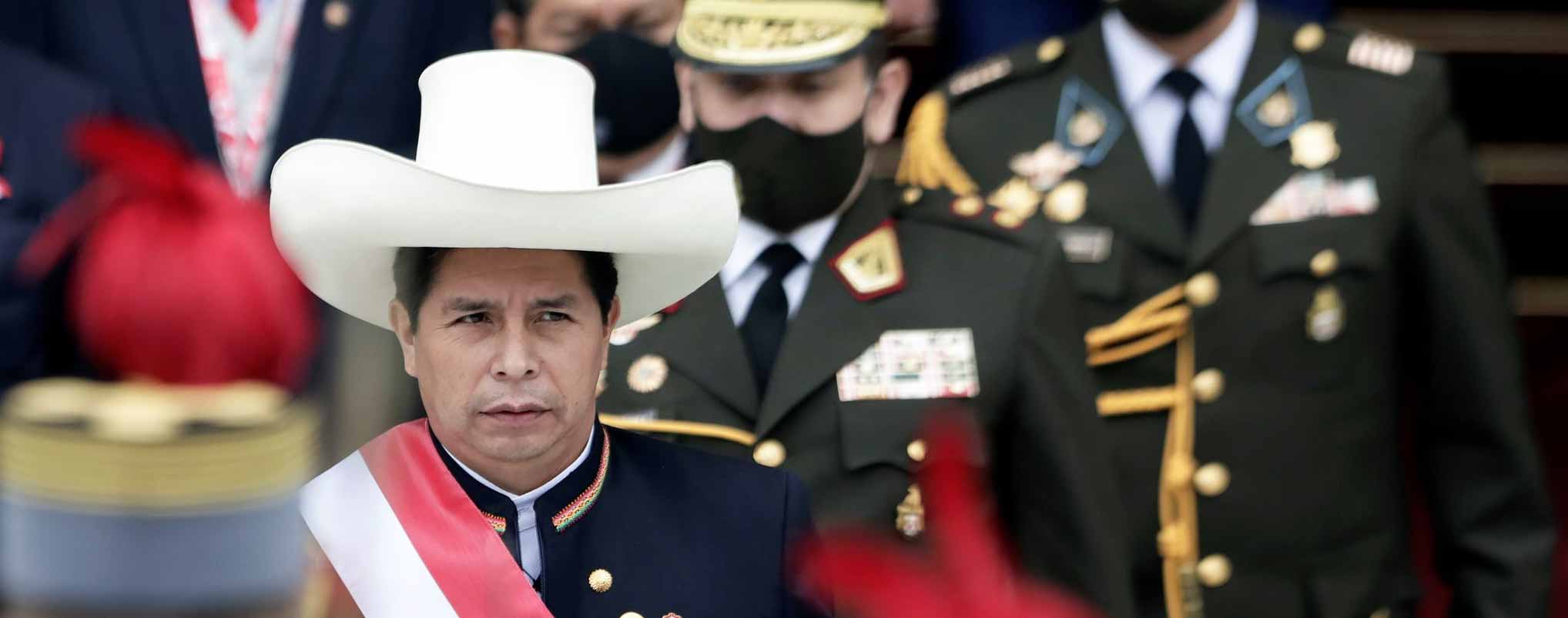Source:Sonrisas en el camino
Nobody dies forever.
They say that nobody dies forever, that death does not exist as long as someone remembers us, as long as someone mentions us or has us in mind. They say that death does not exist because only the silence of oblivion kills us. And that is why today I want to remember, I want to think and leave my words in tribute to that great fleet that tried to give an example to the perfidious Albion, the Invincible army (as the enemies and worshipers of the Black Legend called it). For me, it will always be, the Great and Most Happy Armada.
But today I am not going to talk about the approximately 140 ships that made it up, or those that returned (more than it is believed since, according to subsequent investigations, the losses did not exceed 35 ships – most of them merchant ones). I will not speak of the failure of the English Counter-Navy or the courage of María Pita in the defense of La Coruña.
Spain and Portugal
Today I am not going to talk about the extension of the Spanish Empire in which Portugal was included, nor about the marriage of Felipe II with María I (Tudor) of England to unite two powers, nor about the marriage proposal of the Spanish king to Isabel I ( sister of María) after the death of his wife. I will not write about the English pirates, John Hawkins and his cousin Sir Francis Drake, nor about their vile attacks on Spanish ships sponsored by Elizabeth I.
Iwill not even mention the Pope’s bull authorizing the assassination of the English queen. Neither of the spies sent by Felipe II to incite the rebellion, nor of María Estuardo, nor of the corsair expeditions financed by Isabel, nor of Isabel’s plan to finance and send troops to the Protestant rebels of the Netherlands.
Álvaro de Bazán
I will not describe the strategy adopted, the plans of Álvaro de Bazán with the fleet from Lisbon, nor of the Alejando Farnesio (Duke of Parma) with the 30,000 men of the thirds, from Flanders. I will not speak of their combined plan to land in Kent County and lay siege to London.
Today I am not going to insist on the modernization of the English fleet or on the reports that Isabel received. Nor will I speak of the Drake Expedition that he carried out in Cádiz to destroy and capture almost 100 ships and leave the navy without water barrels (a very important detail for the later development of events).
No, I will not write about the death of Don Álvaro de Bazán, Marqués de Santa Cruz, and invincible admiral of the sea, in Lisbon due to typhus. Nor the appointment of his substitute, Alonso Pérez de Guzmán, Duke of Medina Sidonia, a man without naval experience and who repeatedly refused the offer.
In the English Channel
I will not speak of men or supplies, or preparations or flows, or gales or dispersions, or the ships sent by the English to try to surprise the navy, which was anchored in La Coruña.
Today we do not have to speak of the English braggarts, nor of the English coastal lighthouses, nor of the English Channel, nor of Admiral Juan Martínez de Recalde nor of the possibility that he had to attack the English fleet in the port of Plymouth, nor of the orders followed to the letter nor of the irrevocable decision of the Duke of Medina Sidonia to unite with Farnesio.
Today I will not describe the formation adopted in the shape of a crescent, nor the windward, nor the first contacts, nor the cannon shots received nor the skirmishes. I will not talk about the loss of the galleons “San Salvador” and the “Our Lady of the Rosary”, or the food that was left in them.
Brulotes*
Today I will not dwell on maneuvers or distractions, or the coastal squad and their stratagem, nor will I speak of the Isle of Wigh, nor of the Pas de Calais. I will not speak of the brulotes or the panic of the Spaniards when cutting the anchor cables. Nor will I speak of the North Sea or the English attacks or the rebellions.
In this article, I will not elaborate on the painful journey of the ships surrounding the British Isles after the dispersion, nor the tour through Scotland due to the winds, nor the shipwrecks on the coast of Ireland nor the difficulty of reaching land in those wild coasts. I will not talk about the lack of water, or the casualties, or the disaster.
Nor will I speak of the huge English casualties after the attempt by the Navy, or the economic crisis caused, or the size of the English fleet (226 ships, 163 merchants). Neither the number of guns nor the favorable treatment given by Philip II to his brave soldiers and sailors to alleviate their suffering; nor the denigrating and inappropriate treatment that Isabel I gave to her soldiers, leaving them to starve.
A second fleet
Nor, even if I feel like it, will I talk about the different Spanish attacks on the British Isles and the landings and looting, despite the English petulance. I will not speak of the valiant and audacious attack of the fleet commanded by Carlos de Amésquita in the Cornish peninsula, nor of the new fleet sent by Felipe II in 1597, which advanced unopposed until the storms dispersed it. I will not speak of the landing of 400 elite men, who waited for reinforcements to march on London. And I will not speak of the days of waiting, of the cowed English militias or the re-embarkation of such troops, when verifying that no reinforcements would arrive due to the dispersion of the fleet. I will not speak of what could have been and was not.
Today I just want to talk about tributes to the fallen, the heroes of yesterday and those who gave their lives for their homeland. I want to remember them so that they are not forgotten, so that the Great and Happiest Armada is never forgotten and always remembered, as they do in a county of Ireland every year, with their offerings and acts, for the 1800 Spaniards who were shipwrecked in Streedagh in 1588.
An everlasting memory
Today I want to put on record, I want to engrave in stone my memory for that feat, for the sailors who perished, for the greatness of the company and the complexity of the return. And I also want to remember that phrase of Felipe II, after the debacle: “I did not send my ships to fight against the elements” because, after everything that happened, after the storms, attacks and winds, and after centuries, the elements still continue spilling lies and poisonous legend about the Great Armada. Because the worst thing about having history written to us is that we believed it.
Spain has already forgotten other heroes who shed their blood with honor: Blas de Lezo, Santiago Liniers, El Gran Capitán, The Baler heroes, Carlos Palanca and many other relevant figures who contributed greatly to making their land great. Felipe II treated them with benevolence and fought so that the participants in those enterprises recovered, and that they did not lack a country that cared for them.
Let us not forget the feat, nor the routes, nor the boats, nor the men, nor the hardships … as they do in Ireland every year, where the flag of Spain is raised with honors. Take example. Forgetfulness cannot silence our history because it will always be remembered, and I will tell my children about it, like the Great and Most Happy Armada.
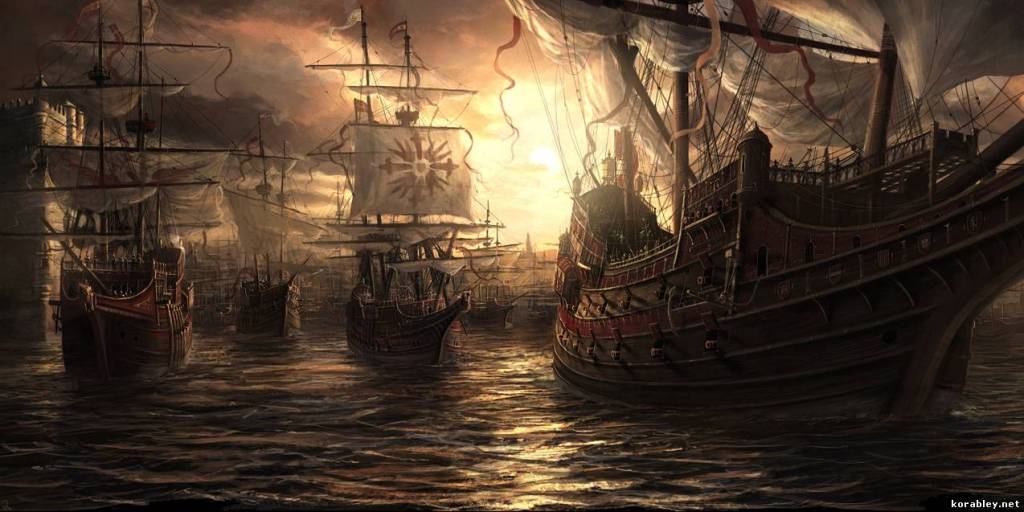
Note: When will we see a movie without the Black Legend bias? When a film in which the Spaniards are not badly faced ogres? When an objective film that tells the facts as they were, recounting the great power that was Spain in the 16th century? Let’s keep waiting but never forget.
Share this article
On This Day
- 1528 Prince Felipe is sworn as heir to the Spanish kingdoms in Madrid.
- 1593 The city of San Salvador de Jujuy (Argentina) is founded by Francisco Argañaraz y Murguía.
- 1776 Battle of Lexington and Concord (United States).
History of Spain
26 August 2020
27 January 2021
Communism: Now and Then
23 December 2022
28 July 2021
